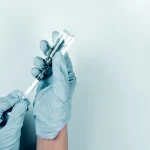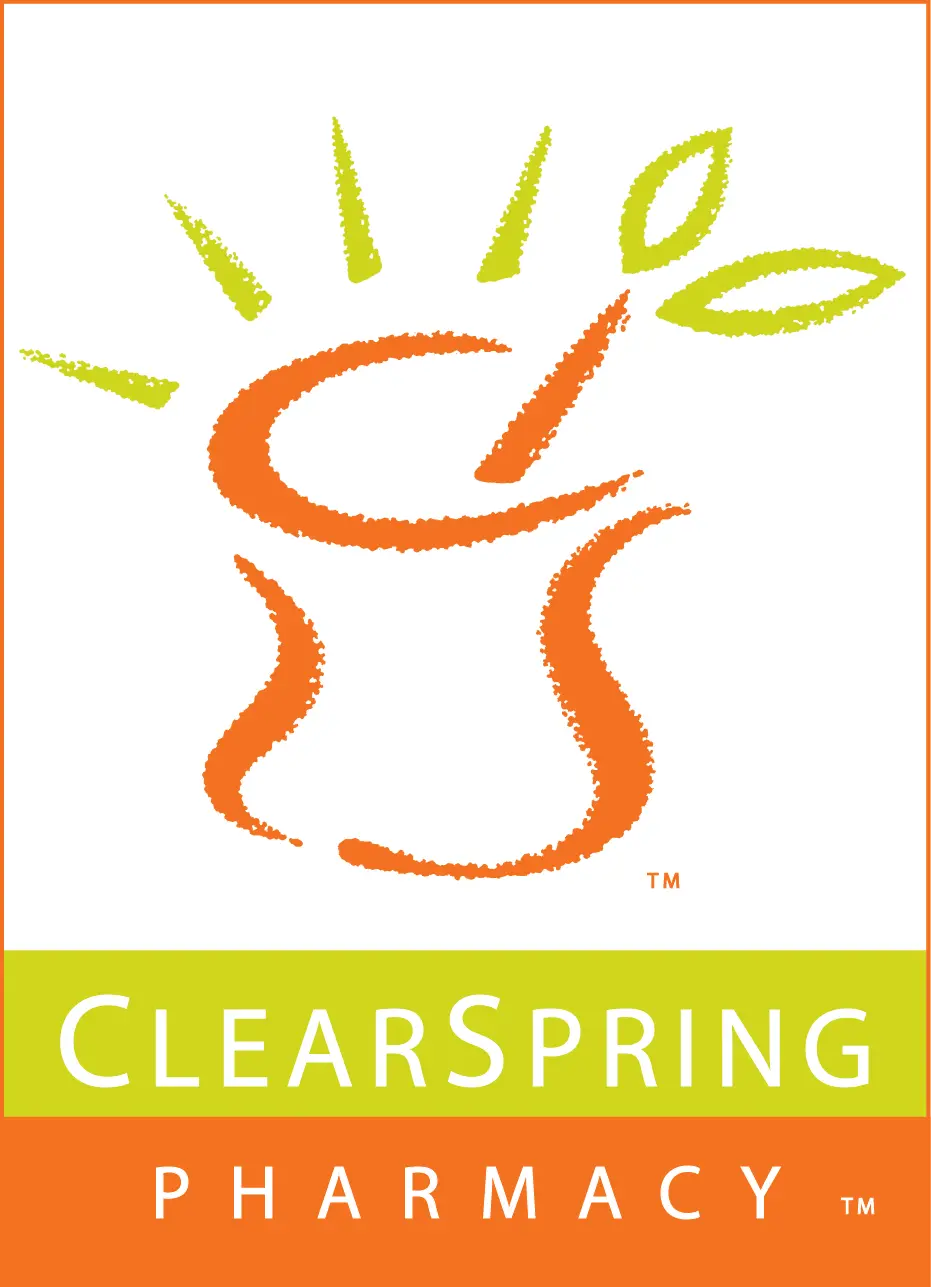
Pediatric Compounds
There can be many challenges when it comes to medication for children. Most medicines are not labeled for pediatric populations. They are generally geared toward adults.
Since the pediatric demographic makes up a smaller portion of the population, drug development receives limited investment.
Children already refuse or struggle to take medication. A lack of drugs tailored to their needs can lead to further struggles.
Compounding allows us to create tailored medication for children. We can modify:
We consider the physical and chemical properties of each active and inactive ingredient in the medication. This allows us to develop the best possible medicines for your child.
Since the pediatric demographic makes up a smaller portion of the population, drug development receives limited investment.
Children already refuse or struggle to take medication. A lack of drugs tailored to their needs can lead to further struggles.
Compounding allows us to create tailored medication for children. We can modify:
- Taste
- Color
- Fragrance
- Viscosity
- Texture
- And more
We consider the physical and chemical properties of each active and inactive ingredient in the medication. This allows us to develop the best possible medicines for your child.



